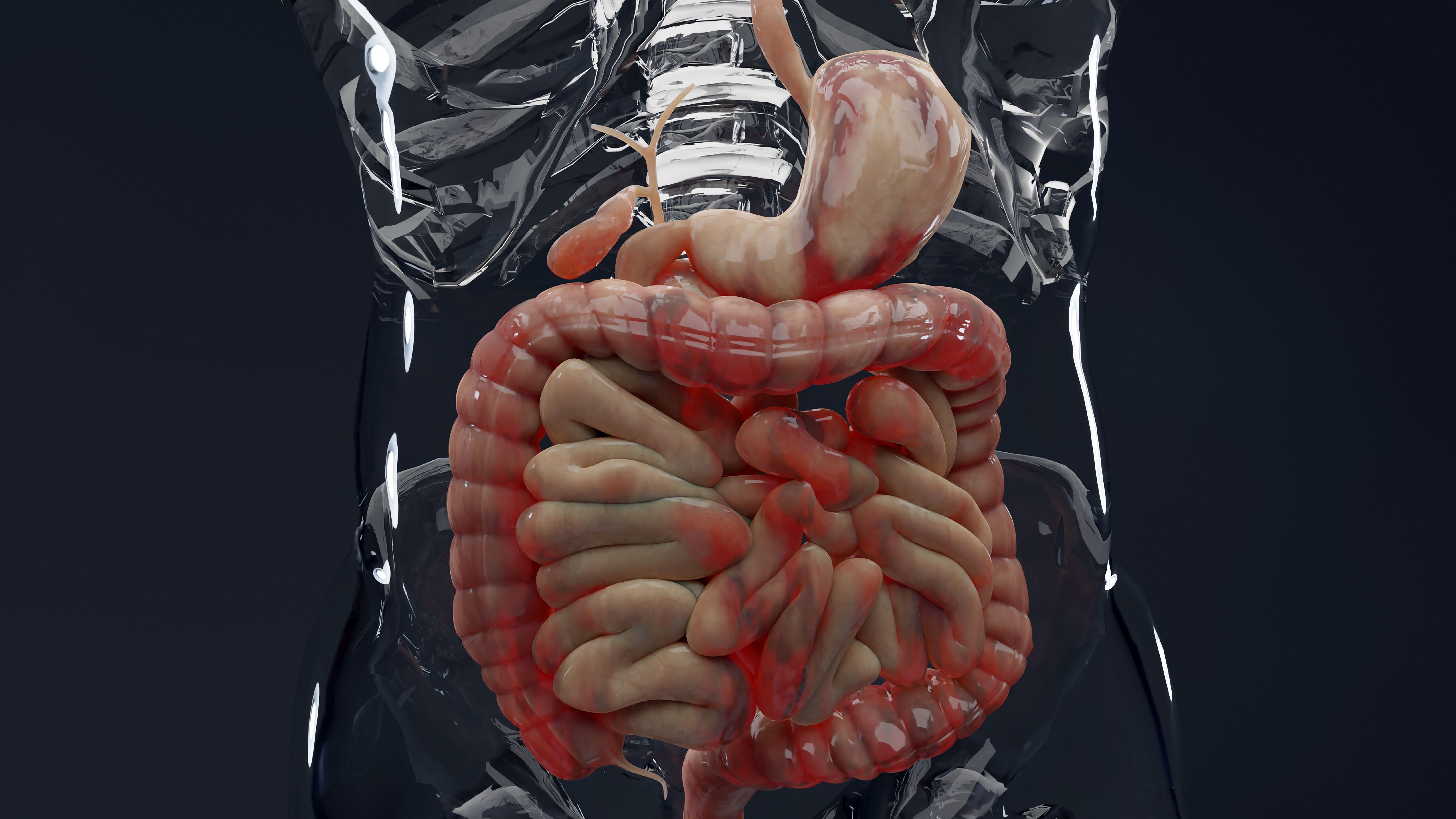
Your support helps us to tell the story
In my reporting on women's reproductive rights, I've witnessed the critical role that independent journalism plays in protecting freedoms and informing the public.
Your support allows us to keep these vital issues in the spotlight. Without your help, we wouldn't be able to fight for truth and justice.
Every contribution ensures that we can continue to report on the stories that impact lives

Kelly Rissman
US News Reporter
Liberal Democrat deputy leader Daisy Cooper has opened up about her life-threatening experience of Crohn’s disease.
Addressing her party’s autumn conference in Brighton on Monday, the MP for St Albans revealed that 12 years ago she was “rushed to hospital” and was told she needed life-saving surgery.
“A few weeks in, I was told that without major surgery I had just four days left to live. My weight had dropped to around seven stone, my eyesight was failing,” shared the 42-year-old.
Reflecting on the time she received care, Cooper said in her speech that she was also told that even if she recovered, she would “probably never work again” because the disease was “so aggressive”.

What is Crohn’s disease?
According to Crohn’s & Colitis UK, Crohn’s disease is a lifelong condition that affects more than 200,000 people in the UK.
“Crohn’s can affect people of all ages and backgrounds, and it causes inflammation and ulcers along the digestive system,” explains Marianne Radcliffe, CEO at Crohn’s & Colitis UK. “That can happen anywhere in the gut, from your mouth to your bottom.”
Crohn’s is one of the two main types of inflammatory bowel disease. The other is ulcerative colitis.

What causes it?
“We don’t yet fully understand what causes Crohn’s, but it happens when the body’s immune system goes wrong,” explains Radcliffe. “Usually, the immune system protects the body, but in Crohn’s, it starts attacking the gut. We don’t know exactly why this happens, but it’s probably caused by a mix of genes, bacteria in the gut and something in the environment.”
The CEO adds that lots of research is currently going into the causes of inflammatory bowel disease, so the charity is finding out more about Crohn’s and Colitis all the time.
What are the biggest misconceptions about it?
“There are a few misconceptions about Crohn’s and one of the big ones is that it’s just a ‘poo’ disease or a bit of a ‘dodgy tummy’,” says Radcliffe. “In fact, having a condition like Crohn’s or colitis can affect every part of your life, and there are all sorts of non-bowel symptoms including fatigue and joint pain.”
The disease is also often misdiagnosed.
“Many people end up being misdiagnosed with IBS (irritable bowel syndrome), which has some symptoms in common, but is actually a completely different condition,” adds the CEO.
What are the symptoms?
Many people with Crohn’s experience the disease differently, but there are a few warning signs to look out for.
“Some of the big ones to look out for are blood in your poo, persistent diarrhoea, and needing to have a poo urgently and often – including waking up in the night to poo,” highlights Radcliffe. “It’s not all about poo, though – other warning signs include unexplained weight loss, anal fissures, tummy pain, and tiredness that just won’t go away, even with rest.
“If you’re worried, there’s a great symptom checker on the Crohn’s & Colitis UK website, which takes about 30 seconds to fill out and can help you work out what to do next.”

Get in contact with your GP if you feel that something isn’t right.
“If left untreated, Crohn’s can be life threatening and that’s why it is really important not to ignore the symptoms,” warns Radcliffe. “If you know something isn’t right, go and see your GP. And if it isn’t getting better, keep going back until you get answers because we know that the sooner you get a diagnosis, the better.”
How can it be treated?
There are lots of different treatments for Crohn’s including medicines which range from steroids and immunosuppressants to biologic injections and infusions.

“New treatments are being developed and approved all the time, so the range of options is expanding, which can only be a good thing,” says Radcliffe. “Some people with Crohn’s will end up having surgery, and that might involve having a stoma fitted.
“It’s really important to say that surgery isn’t necessarily the last resort and actually, it can be a really positive choice. Many of the people who get in touch with us here at Crohn’s & Colitis UK tell us they wish they’d had surgery sooner, as it has transformed their lives.”







